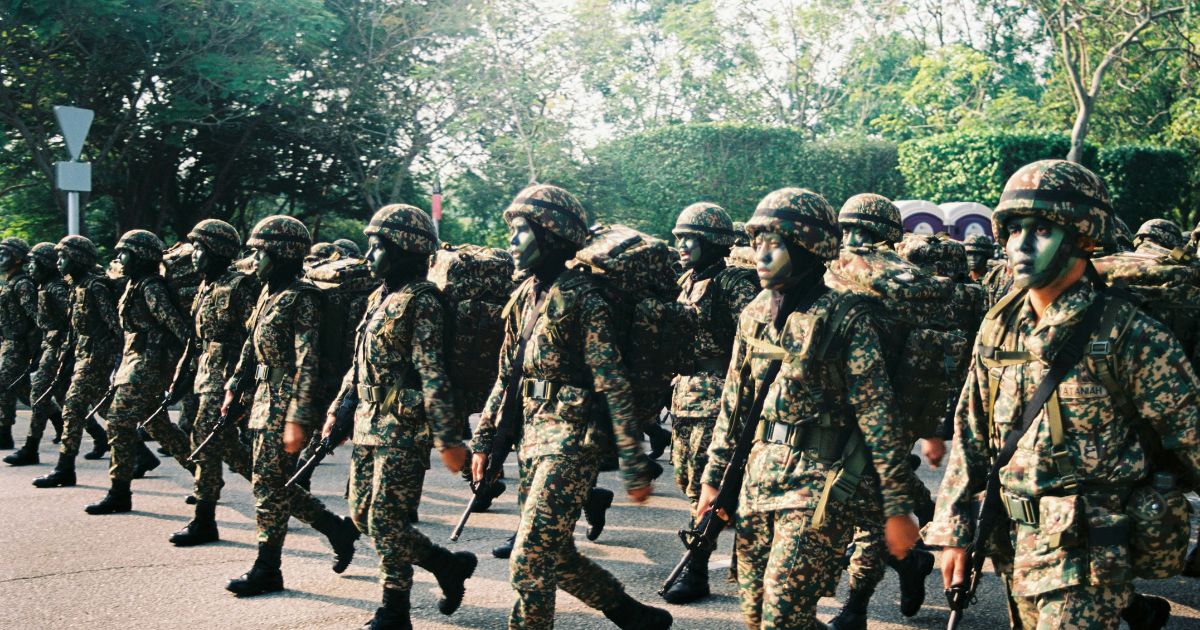Following the 2017 forced deportation of the Muslim minority Rohingya from Myanmar’s Rakhine state, the military torched villages and mosques and used their lands for security posts, a UN-backed report published on Monday (September 29, 2025) found.
Violence against the Rohingya grew exponentially in August 2017 when Myanmar’s army launched a campaign in retaliation for attacks by militants, forcing hundreds of thousands to flee their homes in the coastal state.
Roughly 1.3 million Rohingya refugees are now crammed into crowded camps in Bangladesh, after the army campaign, the United Nations subsequently labeled a “textbook example of ethnic cleansing.”
Myanmar officials systematically razed Rohingya villages, mosques, cemeteries, and agricultural land. They were aware of Rohingya land rights and tenure from official documents,” stated the report by the Independent Investigative Mechanism for Myanmar.
The report utilized first-hand evidence and satellite imagery.
A Myanmar military official did not answer Reuters calls for comment on the report, which IIMM stated is founded on first-hand evidence provided by witnesses, geospatial imagery, video recordings, official records, and documents.
Myanmar’s military has already stated that it did not commit genocide against the Rohingya during the 2017 campaigns, but crimes were perhaps committed at an individual level.
The report preceded a U.N. high-level meeting a day later in New York on the Rohingya crisis, where officials will be discussing deteriorating conditions in Bangladesh’s camps for refugees and stalled repatriation plans.
“Private firms and individuals connected with them directly participated by supplying equipment and manpower to bulldoze villages and construct infrastructure against state contracts,” the investigation states.
For example, in the Inn Din village tract, where in 2018 Reuters wrote about the slaughter of 10 Rohingya men, settlements were knocked down to construct a new base, IIMM said.
“The base was constructed atop the ruins of Inn Din (East and Rakhine) villages, with the cleared ground replaced by new roads, permanent structures, guarded entrances, and two helipads,” the report added.
Myanmar has been in political chaos since the military seized power in February 2021, toppling a civilian government headed by Nobel Prize laureate Aung San Suu Kyi and triggering a civil war.
The IIMM was set up by the U.N. Human Rights Council in 2018 to probe serious international crimes perpetrated in Myanmar since 2011 to enable prosecution. But it is facing severe funding reductions that it claimed could impact its capacity to collect evidence.
An IIMM spokesperson indicated that its open-source investigations unit is most directly impacted and does not presently have financing to sustain its work after the end of the year.
The Rohingya are facing new threats of violence and displacement as clashes continue in Rakhine state, with some from the minority group armed to fight.
“There is a near-consensus in the international community that Rohingya should be able to go back home to Myanmar when there are conditions for safe, voluntary, dignified, and sustainable repatriation,” said Nicholas Koumjian, IIMM chief.
But yet in most instances their homes, even villages, no longer exist,” he said.




